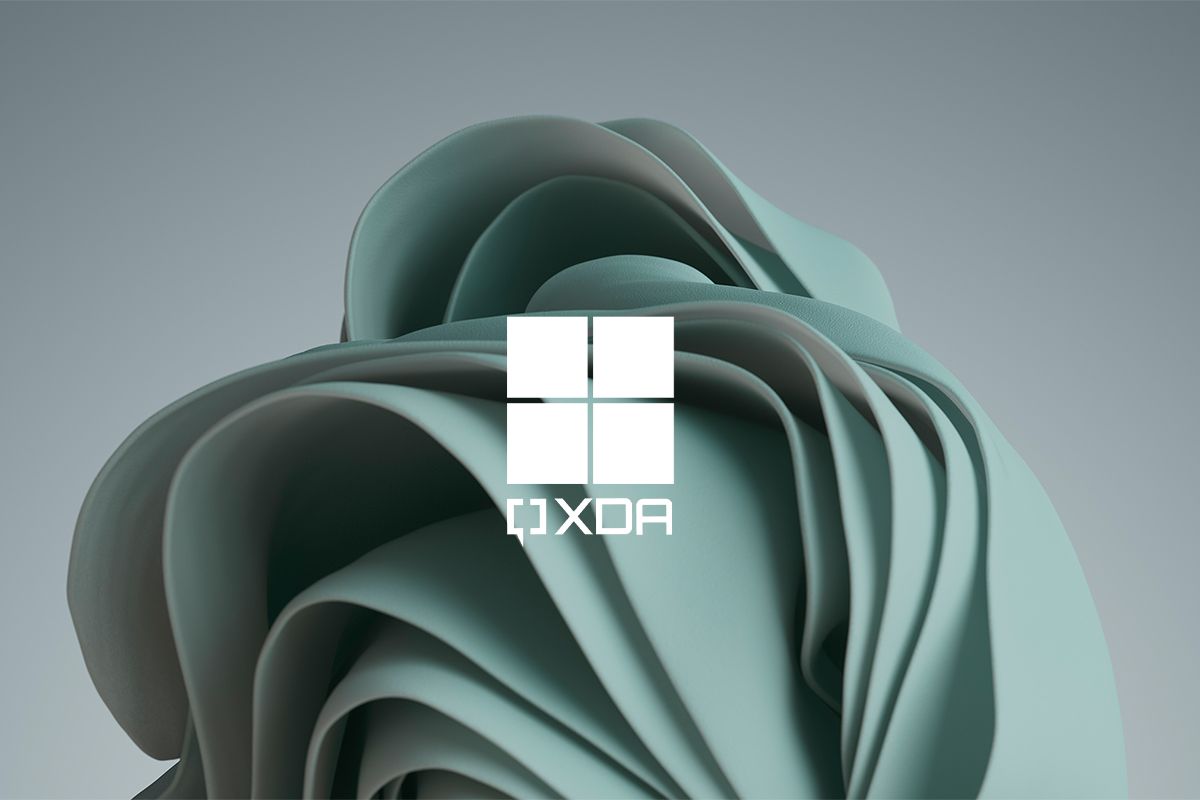Windows 11 began rolling out this week after just over three months of public testing with Windows Insiders. While the operating system launched with a few known issues, it seems that one may have slipped by undetected. AMD has confirmed that its processors are being negatively affected by the Windows 11 upgrade, resulting in reduced performance in certain situations. Thankfully, resolutions are already on the way.
AMD points out two distinct problems with its processors and Windows 11. The first has to do with the latency of the L3 cache on its processors, which may be as much as three times higher on Windows 11. This will particularly affect performance in apps that may depend on the access time to the memory subsystem, including some fast-paced esports titles. AMD says the performance may be as high as 15% in very specific games, but generally the performance impact ranges between 3% and 5%.
For this one, AMD says a fix is coming as Windows 11 update later this month, presumably with next week's Patch Tuesday updates. This will be the first cumulative update for Windows 11 since its general availability, so we should see plenty of bug fixes roll out alongside this one.
The other issue has to do with the "preferred core" feature in UEFI systems not scheduling tasks for the fastest core available in a given scenario. This could affect the performance of applications that rely mostly on a single or a few cores, since multi-threaded tasks would use all of the available cores anyway. As such, the performance impact may be more significant in processors with high core and thread counts, specifically those with a 65W TDP or higher. AMD doesn't explicitly say how big the performance impact may be.
Regardless, a fix is also in the works for this problem. AMD says it will arrive via a "software update", not a Windows update, so it may come in the form of a new driver release for Windows 11. This fix, too, is expected sometime this month.
Windows 11 is rolling out gradually, and it's likely many users haven't upgraded yet, so this shouldn't be a huge issue. It's not unheard of for problems to arise after major new updates like this, and at least a fix is coming relatively quickly. We've also heard of an issue with Virtualization-Based Security potentially affecting gaming performance, which is currently being investigated by Microsoft. If you haven't yet, read your Windows 11 review to see why we recommend the upgrade to anyone using Windows 10.

